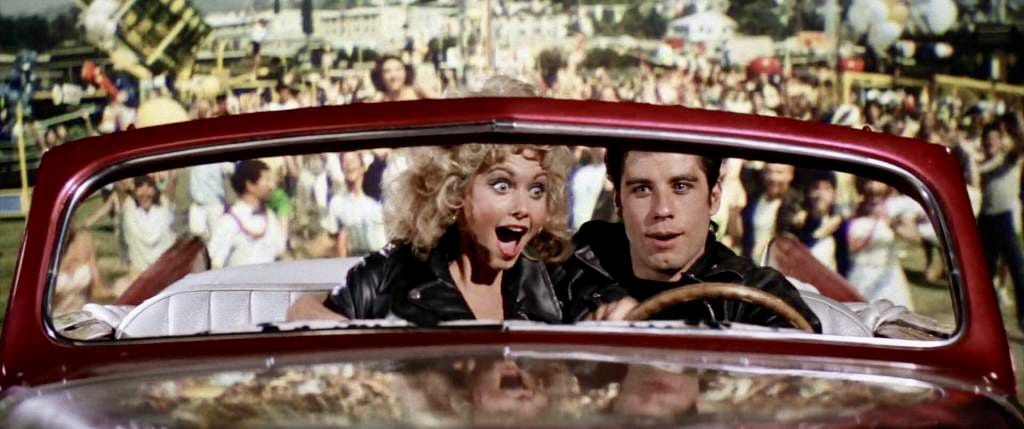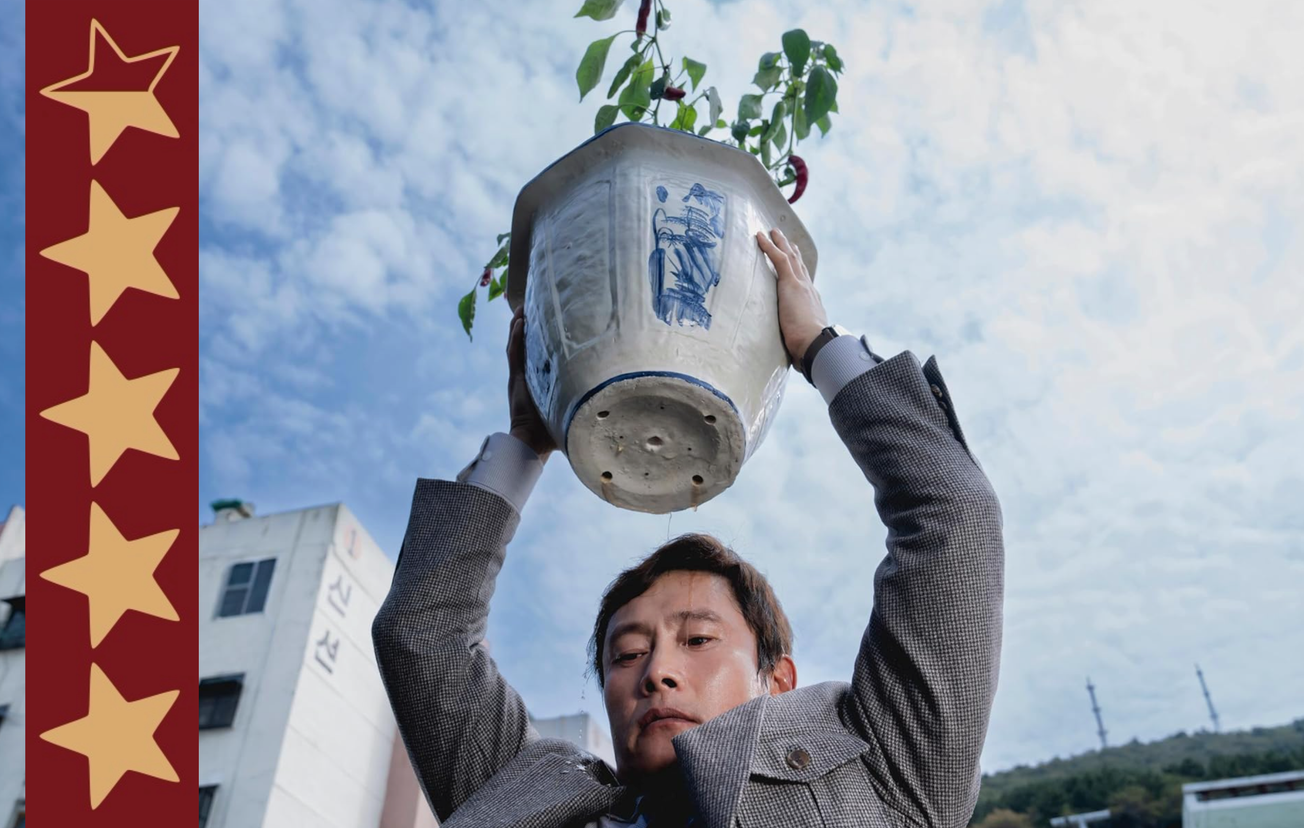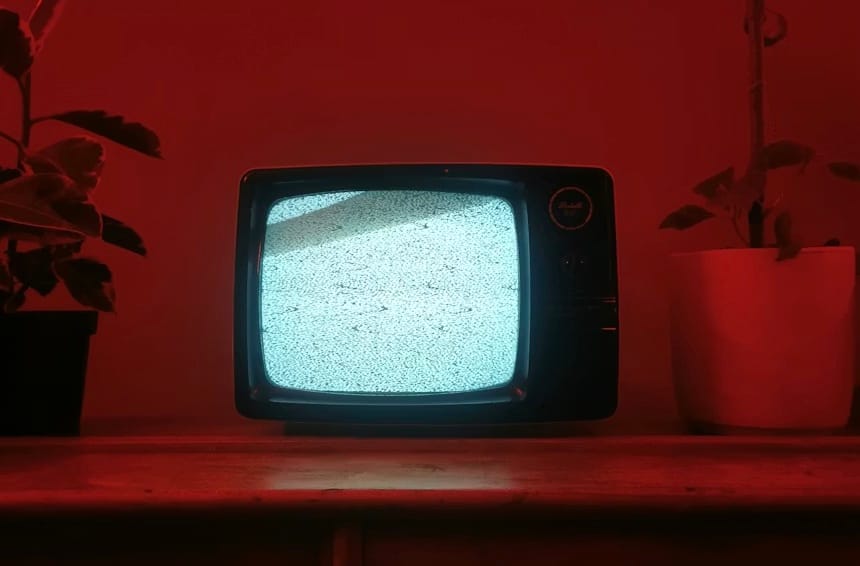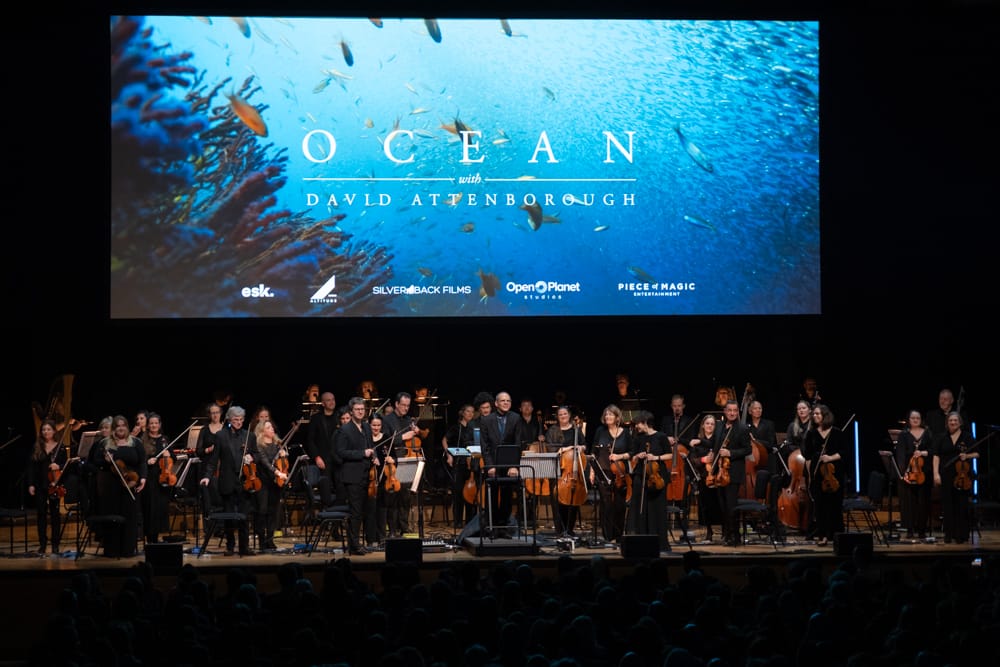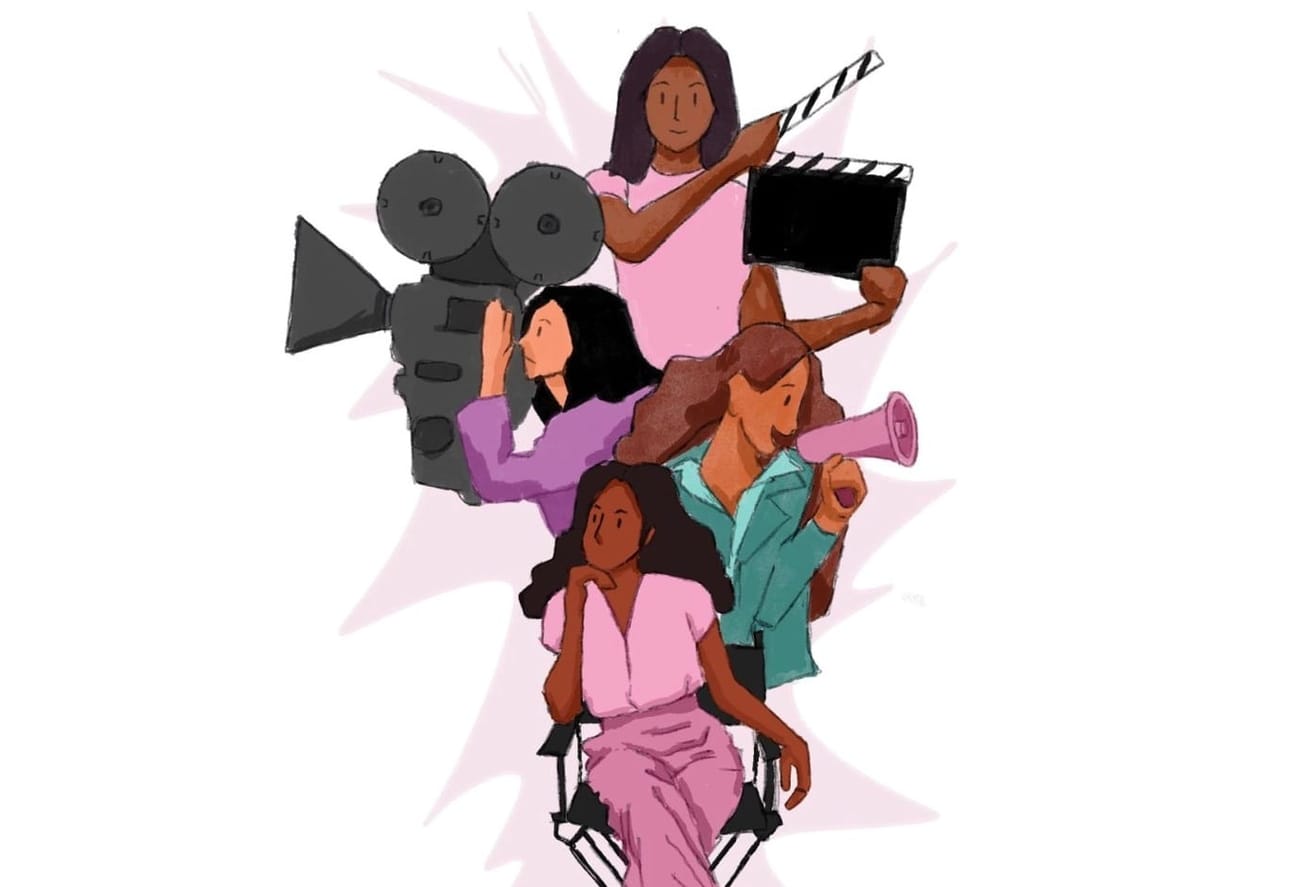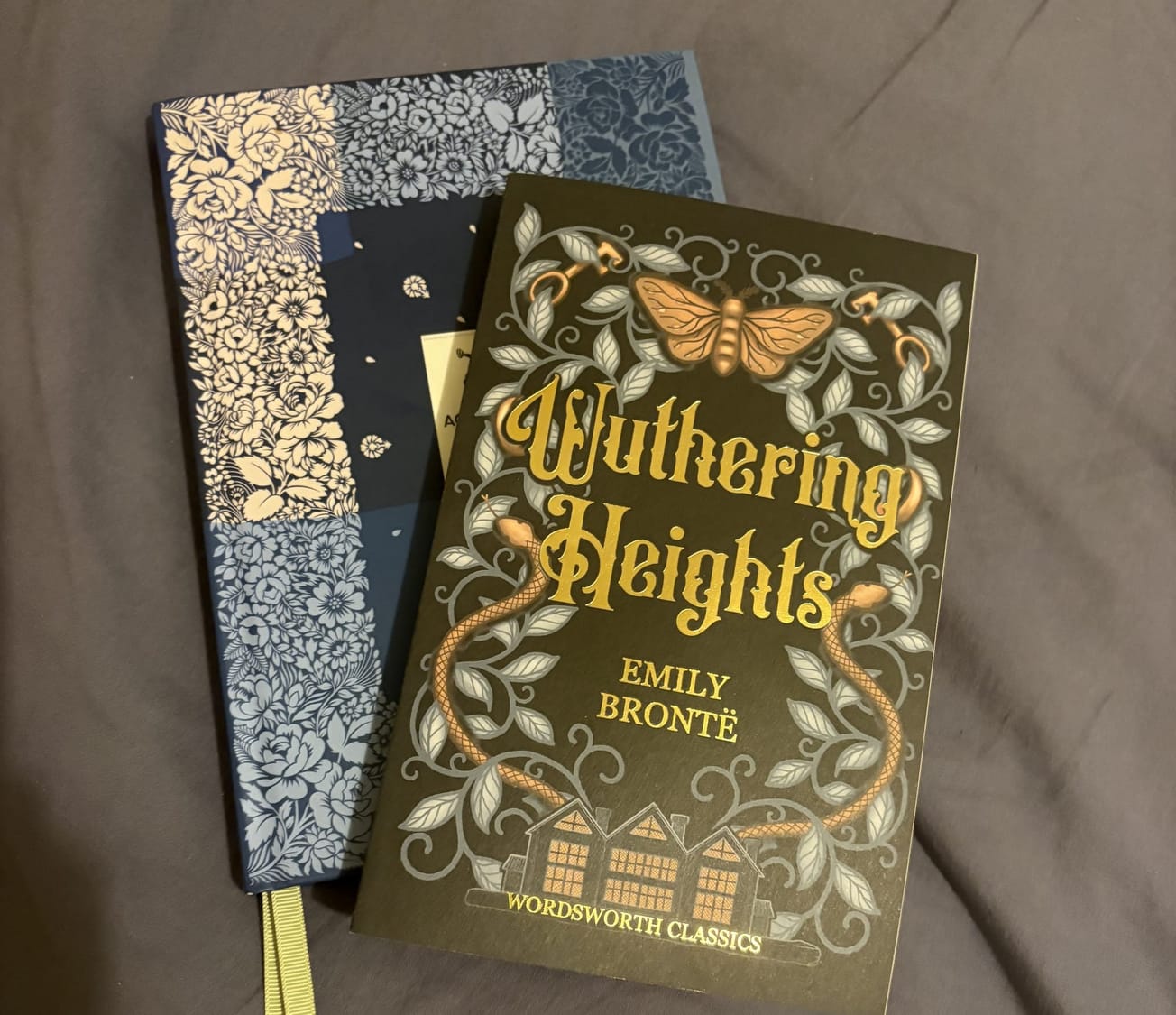By Amelia Bassett, Third Year, Law and Spanish
Has the magic of the movie musical been lost? The all-singing all-dancing extravaganzas of the 50s and 60s might seem a world away considering recent additions to the genre. In light of the recent Wicked (2024) trailer, it seems the makers of movie musicals have changed their approach – much to the outrage of many fans.
In recent years, cinema-goers have certainly been treated to some musical gems: West Side Story (2021) brought a new lease of life to the 1961 classic; La La Land (2016) was a perfectly indulgent throwback to golden-age musicals; and even Wonka (2023) had some memorable musical moments. However, despite some stand-out exceptions, it doesn’t really feel like the genre ever made a proper comeback – it seems even Damien Chazelle couldn’t manage to inspire an exciting new wave of movie musicals…
If we look to trends at the Academy Awards, stats seem to suggest that movie musicals have fallen out of favour in the 21st century. Indeed, the last bona fide musical to win the Oscar for Best Picture was Chicago back in 2002. Before then, movie musicals apparently had a far greater chance at winning the star prize: four winners were musicals in the 1960s alone, whilst two won in the 50s. Nowadays, it seems movie musicals are not generally met with such acclaim.
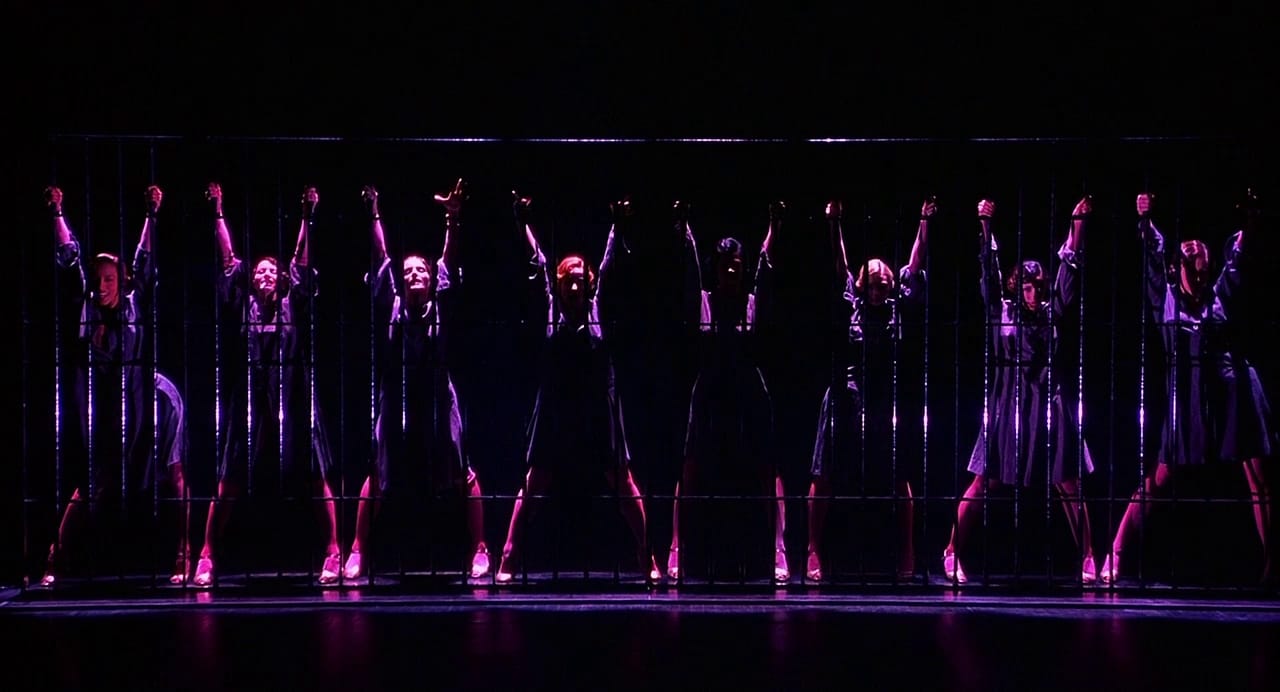
So, what is the current state of the movie musical genre? In February, the trailer for Wicked was released, a highly anticipated film adaptation of the Broadway hit. With a talented cast (including the likes of Cynthia Erivo and Ariana Grande) and a generous budget, it seemed audiences were in safe hands. Despite this, upon the trailer’s release, many were quick to criticise its distinct colourlessness and overuse of CGI. Indeed, Twitter (or X) discourse quickly followed, with users claiming, ‘I don’t think I’ve ever seen a worse looking movie,’ whilst others demanded ‘BRING TECNICOLOR BACK.’ In fact, if we look back to its precursor, The Wizard of Oz (1939) – a film released 85 years before – the newer film quite literally ‘pales’ in comparison. The released footage is oddly colour desaturated for a musical which practically begs to be a visual spectacle. What’s more, the CGI gives it an almost uncanny quality. Yes, Wicked is a fantasy story, so this surrealness might make sense, but the trailer evokes a subtly strange atmosphere not present in the Wizard of Oz, despite the older film’s obvious studio backdrops and costumes.
Now, this doesn’t necessarily mean that Wicked (2024) is going to be a terrible film; instead, it seems indicative of a certain loss of magic and charm in recent movie musicals. To see this contrast, let’s go back to the musicals of the 50s and 60s. Around 70 years ago, timeless musicals like An American in Paris (1951), Singin’ in the Rain (1952), My Fair Lady (1964), and The Sound of Music (1965) were being released. Stars like Gene Kelly, Julie Andrews and Barbra Streisand were charming audiences with their triple-threat talents, whilst their films were cinematic expressions of colour, joy and romance. Watching them feels like an almost transcendental experience. Not only were these musicals characterised by their feel-good quality, but they were also stunning visual achievements.
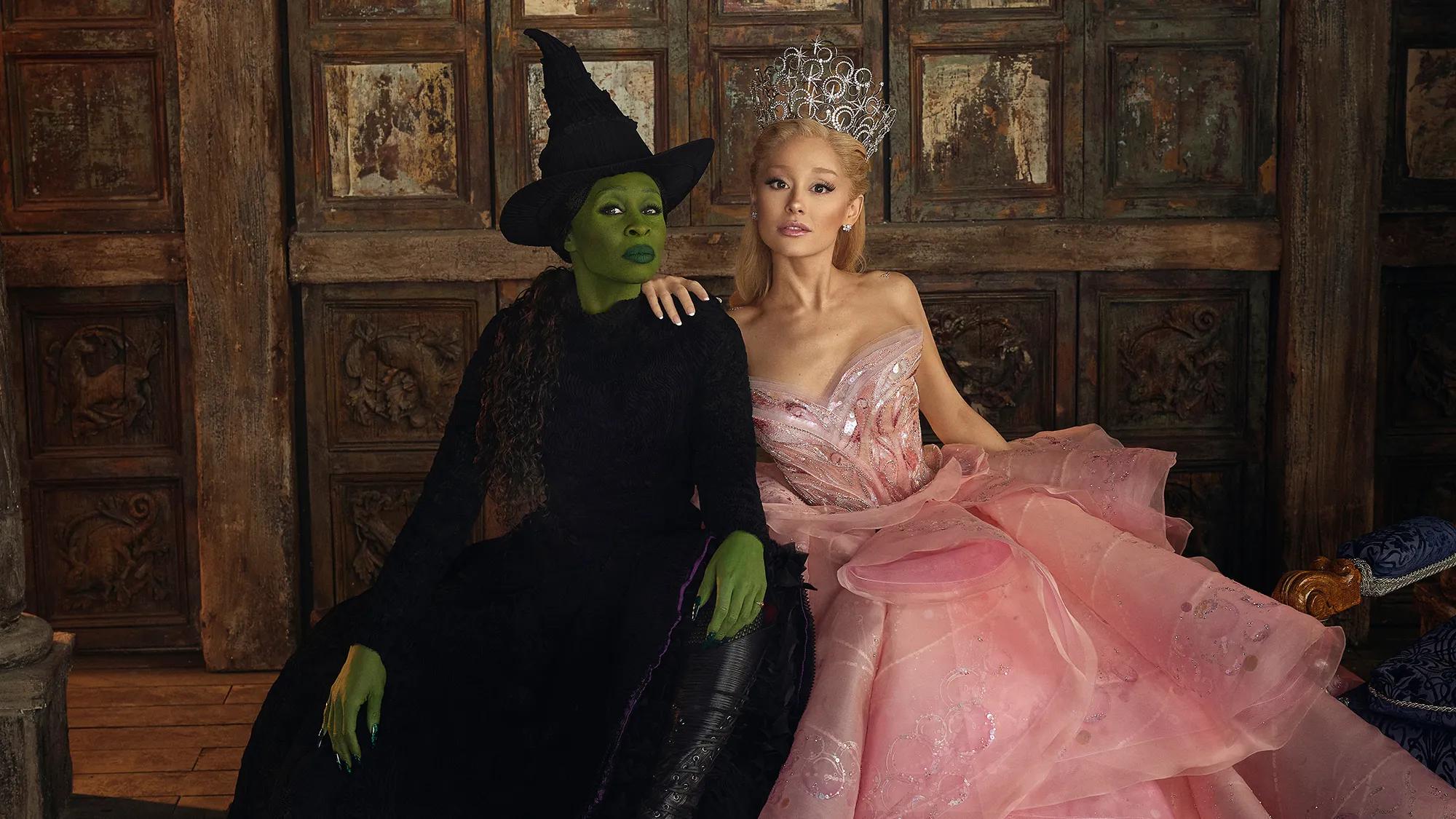
Many movie musicals of today, by contrast, seem inhibited somehow, as if afraid to indulge in the genre’s delightfulness. Cats (2019) is an obvious example of an adaptation-gone-wrong, but even The Greatest Showman failed to harness the potential of the genre, and leant too far into tacky oversentimentality. Meanwhile, Spielberg’s acclaimed take on West Side Story also to some extent demonstrated the ‘lost magic’ of the movie musical; like Wicked, it took a cautious approach to its colouring, with a decidedly muted palette in comparison to its 1961 counterpart. This perhaps reflects a current tendency to dampen the extravagance of the movie musical. Whether it is an over-use of CGI, a lacklustre approach to visuals, or a step too close to the ‘cringe’ category, contemporary movie musicals seem to be repeatedly failing their audiences
A movie musical that I think aptly demonstrates this shift is the 1967 French musical, Les Demoiselles de Rochefort (‘The Young Girls of Rochefort’), which is practically the polar opposite of the bland Wicked trailer. In this musical, Jaques Demy transports us back to the vibrant world of the 60s, and fills every frame with eye-wateringly gorgeous pastel colours. It is full of magical romance, memorable characters, and – most importantly – joyous musical moments. Like many musicals of the 50s and 60s (think Oklahoma, Hello Dolly, High Society…) it is relatively plotless, relying more on its charm, humour and contagiously upbeat tone to really draw us in.
Today, it appears that this type of musical has gone out of fashion, with more successful examples often being grounded in an edgier, more serious plotline. These include the existential, heart-wrenching Tick, Tick… Boom! (2021) and the sob-inducing 2018 rehash of A Star is Born. Even La La Land, whilst being an ode to old Hollywood, ultimately put a twist on the classic format by (spoiler alert!) having its romantic leads go their separate ways at the end (although even that idea was taken from 1964’s Les Parapluies de Cherbourg). These more refreshing takes on the genre have certainly brought back some hope for the movie musical. Ultimately, perhaps what these changes boil down to is a shift in tastes: as critics and audiences alike stray away from the inoffensive, optimistic simplicity of many old musicals, newer ones have compensated by adopting a more toned-down, even edgy, style. This could possibly account for what I will call the ‘desaturation phenomenon,’ where musicals seem to shy away from being the all-out extravaganzas of the past.
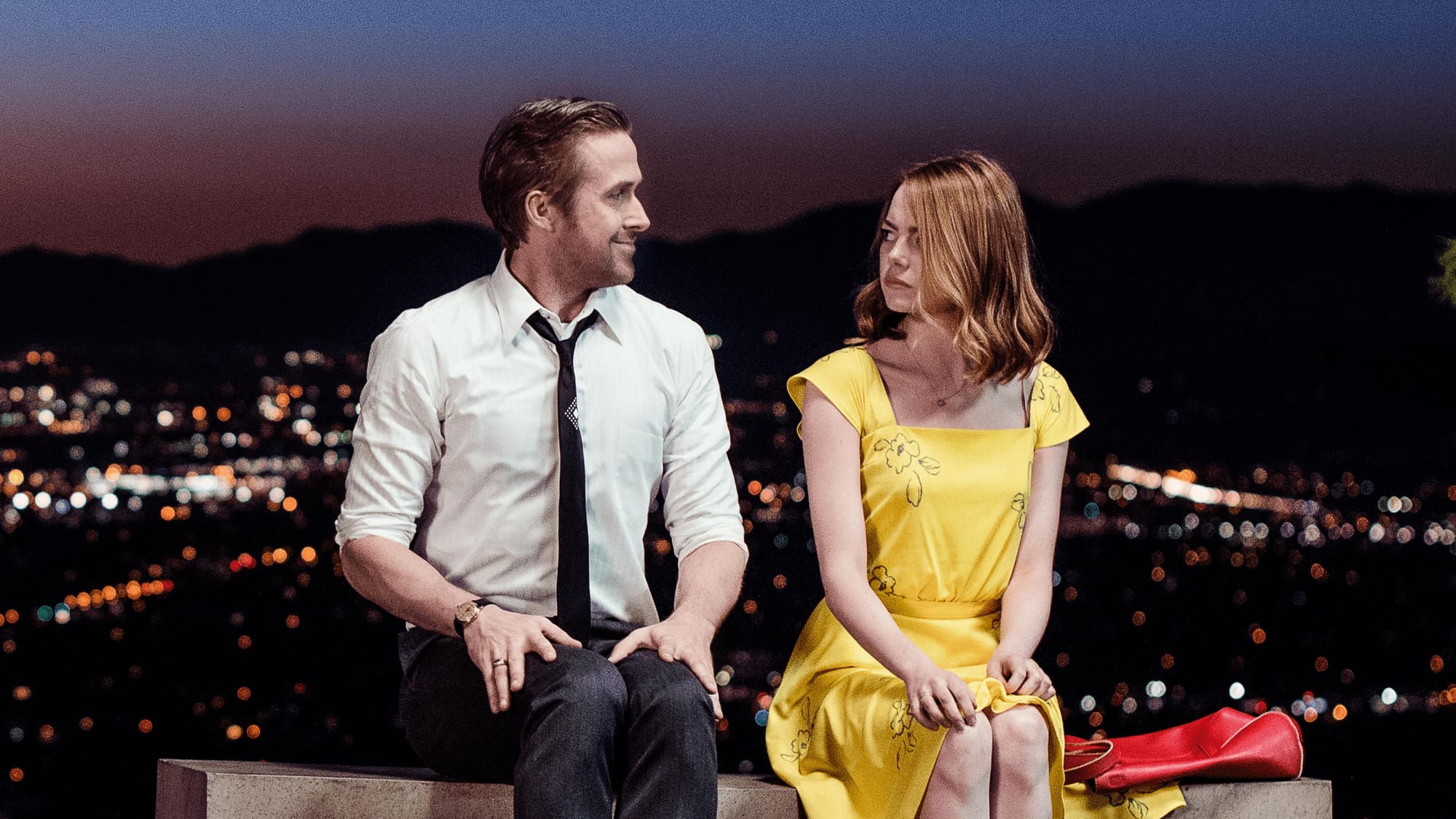
So, is the movie musical really a lost art, or is this just nostalgia for a bygone era? The latter might be partly true; however, one only has to look at the majority of recent movie musicals to see that there are plenty of bad apples. Dominating the musical landscape, we have Disney, with its endless conveyor belt of unnecessary remakes, and on the other hand there are films like the new Mean Girls and Dear Evan Hansen adaptations, which fail to turn popular Broadway shows into culturally-relevant films. Long story short, a movie musical shouldn’t feel like soulless, cash-grab ‘content’ in a superhero franchise. Luckily, however, more daring, contemporary releases have certainly shown that the genre is far from being a lost cause.
So, perhaps the issue isn’t that the art of the movie musical has been lost; it has simply evolved, along with audiences’ tastes. Sometimes for the better, sometimes for the worse, the way film musicals are made has changed. Whilst, for me, they perhaps don’t quite ‘hit the same’ as they used to, there are at least some signs of promising new contributions. Let’s just hope the new Wicked film manages to bewitch audiences and defy our expectations! Indeed, the fact that people were just happy that James Corden wasn’t cast shows that the bar is, in fact, pretty low.
What do you think of current movie musicals?

